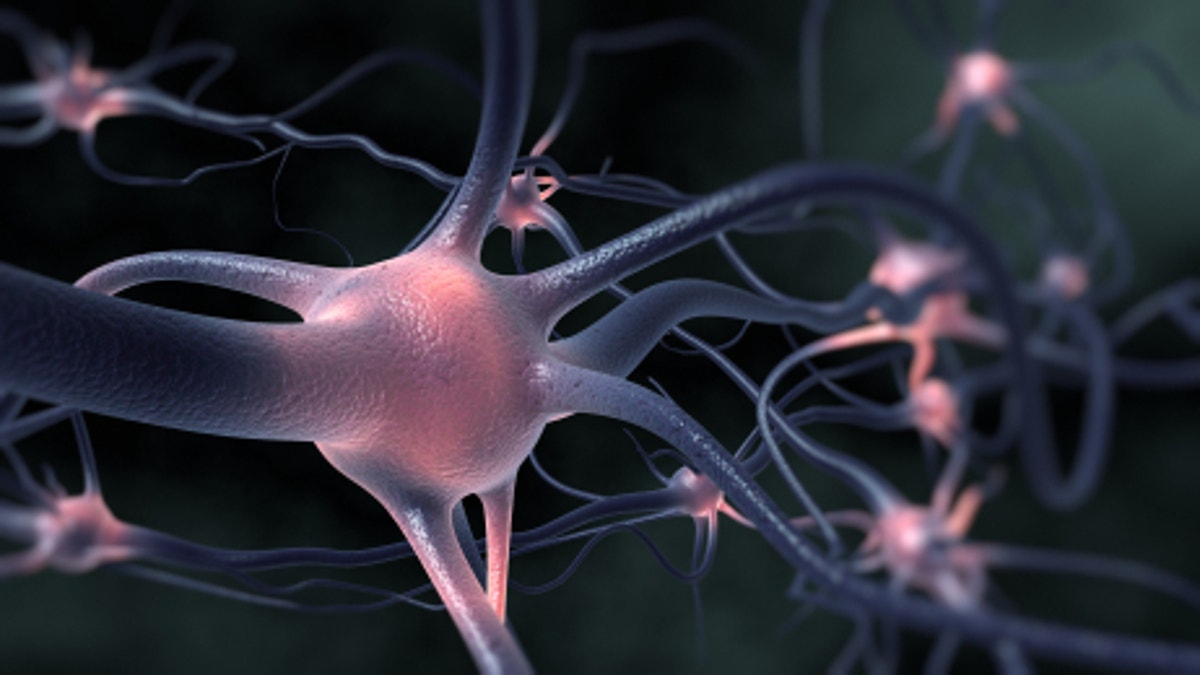
Older military veterans who have suffered a serious head injury are more likely to be diagnosed with dementia than uninjured veterans, according to a new study.
The report looked at traumatic brain injury (TBI), which includes concussions, skull fractures and bleeding inside the skull.
“There have been a fair number of previous studies that have looked at the relationship between TBI and risk of dementia, and some have found an association while others haven't,” said lead author Deborah E. Barnes, from the University of California, San Francisco and the San Francisco Veterans Affairs Medical Center.
She and her colleagues sought to clarify the relationship by taking into account other conditions, like depression and post-traumatic stress disorder (PTSD).
“And we found that, even after accounting for these other factors, older veterans with a history of TBI were 60 percent more likely to develop dementia,” Barnes told Reuters Health in an email.
Dementia affects five percent of people in their 70s and 37 percent of those in their 90s, according to past research.
For the new study, the researchers examined the medical records of more than 188,000 U.S. veterans ages 55 and older who had undergone a medical evaluation between 2000 and 2003 and did not have dementia at the time.
The veterans all visited the doctor again at least once between 2003 and 2012.
According to their records, 1,229 of the veterans had been diagnosed with TBI. Between 2003 and 2012, 196 of those with a history of TBI developed dementia, or 16 percent, compared to 18,255 of the veterans without TBI, or 10 percent.
Veterans with TBI also developed dementia an average of two years earlier than those without TBI, according to results published in Neurology.
“Of course, these numbers reflect population averages, so there will be many individual veterans without TBI who develop dementia and many with TBI who don't,” Barnes said. “Having a TBI just increases the risk.”
Veterans with head injuries in the study were more likely than uninjured veterans to have other health problems including diabetes, high blood pressure, depression and PTSD.
“Head trauma is pretty controversial still,” said Dr. Rodolfo Savica of the University of Utah School of Medicine in Salt Lake City.
“We know it can increase risk of dementia in the long run, but not everybody who is exposed to this trauma develops problems,” Savica, who wrote an editorial accompanying the study, told Reuters Health.
Other health issues that exist alongside head trauma are also important, he said.
Since veterans with TBI were more likely to have diabetes and high blood pressure as well, this is likely a group that is more prone to disease or more vulnerable, Savica said.
“We should follow up more carefully with these people,” he said. “Whenever you have additional (health issues), if you are depressed or have PTSD, you have to tell your doctor.”
Head injuries are common among both veterans and non-veterans, affecting as many as one in five Iraq and Afghanistan vets, Barnes said.
Veterans with head injuries may be able to lower their risk of dementia by engaging in physical, mental and social activities, making sure high blood pressure and diabetes are well controlled and getting treatment for any mental health conditions such as depression and PTSD, she said.
“We found that there was an additive relationship between mental health conditions and head injury, so that veterans who had both of these risk factors were more likely to develop dementia than those who only had one,” Barnes said.
“In addition, they may be able to lower risk of dementia by doing their best to minimize future head injuries by doing simple things to protect their brain, like wearing helmets and seat belts,” she said.
